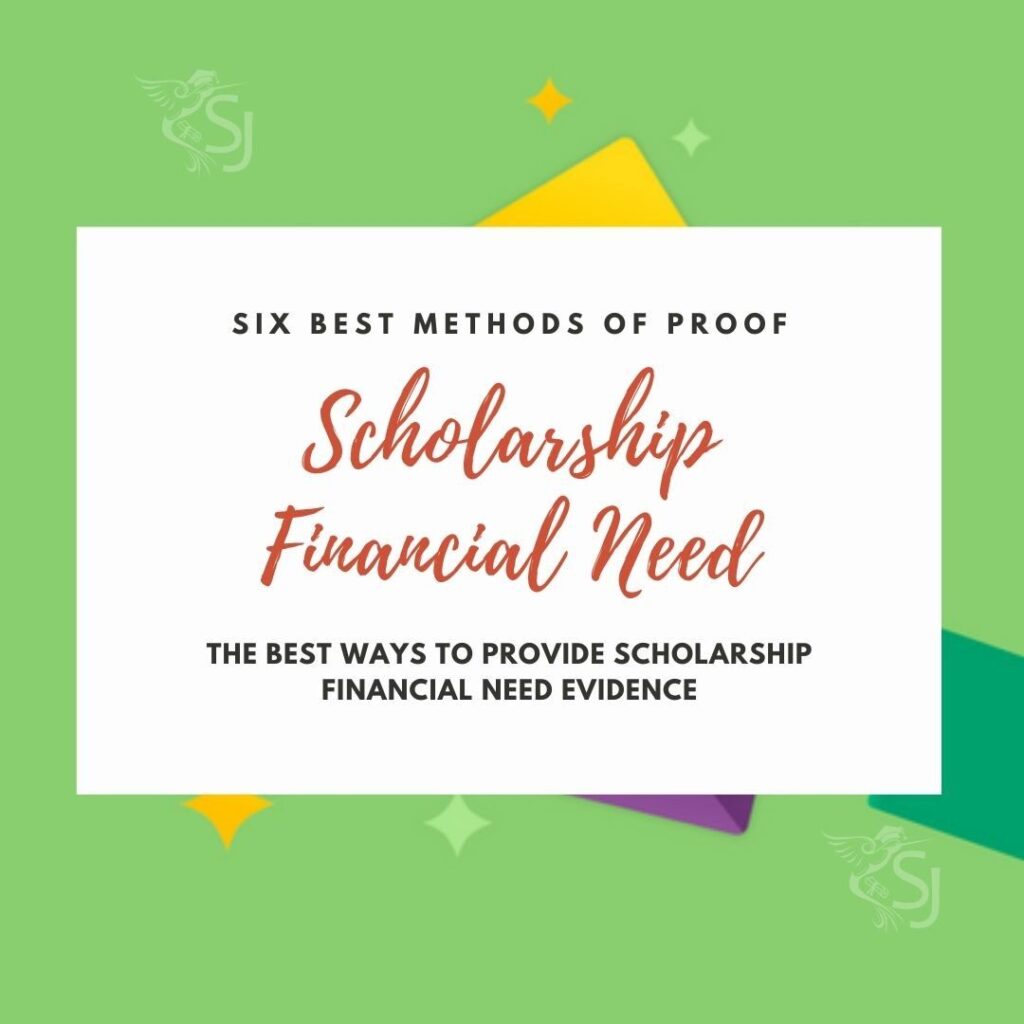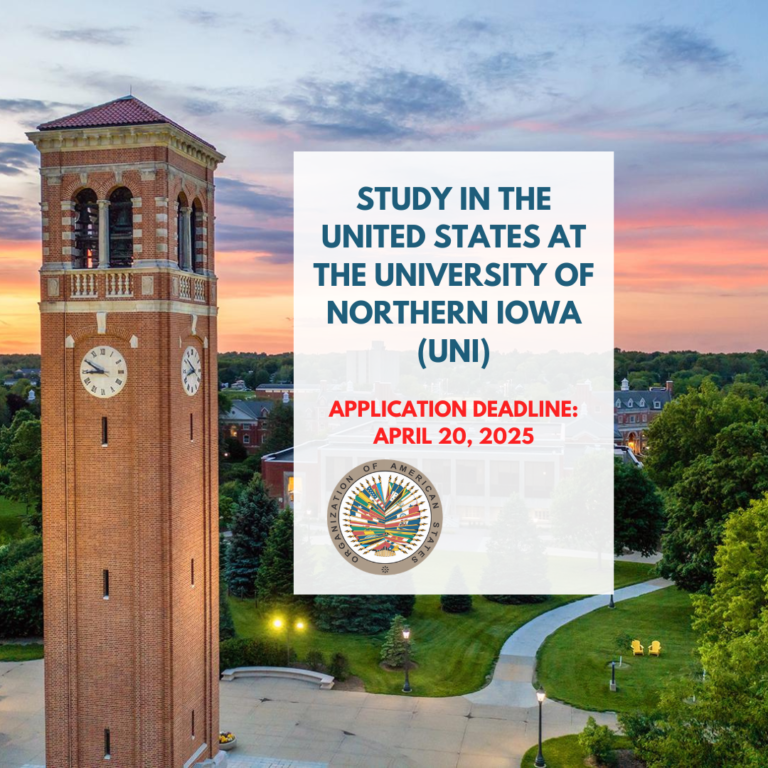
Experts say eloquent law school admissions essays & strong LSAT scores boost the odds of a full scholarship and to attend law school for free
Experts say eloquent law school admissions essays and strong LSAT scores boost the odds of a full scholarship. Although it’s typical for law students to acquire a six-figure debt burden during law school, it’s possible to earn a J.D. without paying a cent of tuition.
That’s what happens when you win a full scholarship. Michelle Roter, a third-year law student who received a full scholarship to attend Hofstra University’s Maurice Deane School of Law, says she only applied to law schools where her LSAT score and GPA met or exceeded the average among accepted students.
[Capitalize on the reduced competition in law school admissions.]
1. Don’t skimp on test prep: Experts say full-tuition law school scholarships are typically reserved for applicants with strong LSAT scores.
“I always recommend that students treat LSAT prep as a part-time job, because the payoff from it can literally mean hundreds of dollars for every hour that they spent preparing,” say Aaron N. Taylor, executive director of the nonprofit AccessLex Center for Legal Education Excellence.
2. Polish your application materials: Taylor says the key to winning a full scholarship to law school is wowing admissions officers with your application, because there are very few outside scholarships that cover the full cost of tuition.
“I would estimate that maybe 95 percent of the scholarship and grant funding that law students receive is from law schools themselves,” he says. Taylor, who previously served as a law school admissions official, says law schools often compare the personal statements of students with similar academic credentials to determine which ones are most deserving of scholarship dollars.
Some law school scholarships include a GPA requirement, experts say, and students should assess whether the minimum GPA they must maintain to keep these scholarships is reasonable.
4. Consider early decision scholarship programs: Some full scholarships are doled out exclusively to early decision applicants, who sign pledges stating that they will attend a particular law school if they are admitted with a full ride. The law schools at both Boston University and Washington University in St. Louis offer an early decision full scholarship program.
“It’s not a program for everybody, because students often want to look at a variety of options, and this program precludes them from doing that,” says Alissa Leonard, assistant dean for admissions and financial aid with the Boston University.
5. Don’t rule yourself out. Even if you think it is unlikely that you will win a full scholarship, you should apply anyway, because you could be pleasantly surprised, experts say.
“We like for students to be ambitious, so there is no downside to applying,” says Kati Scannell, associate dean for admissions and placement with the law school at Washington University in St. Louis. “There’s only a downside to not applying.”
Searching for a law school? Get our complete rankings of Best Law Schools.












Comments are closed